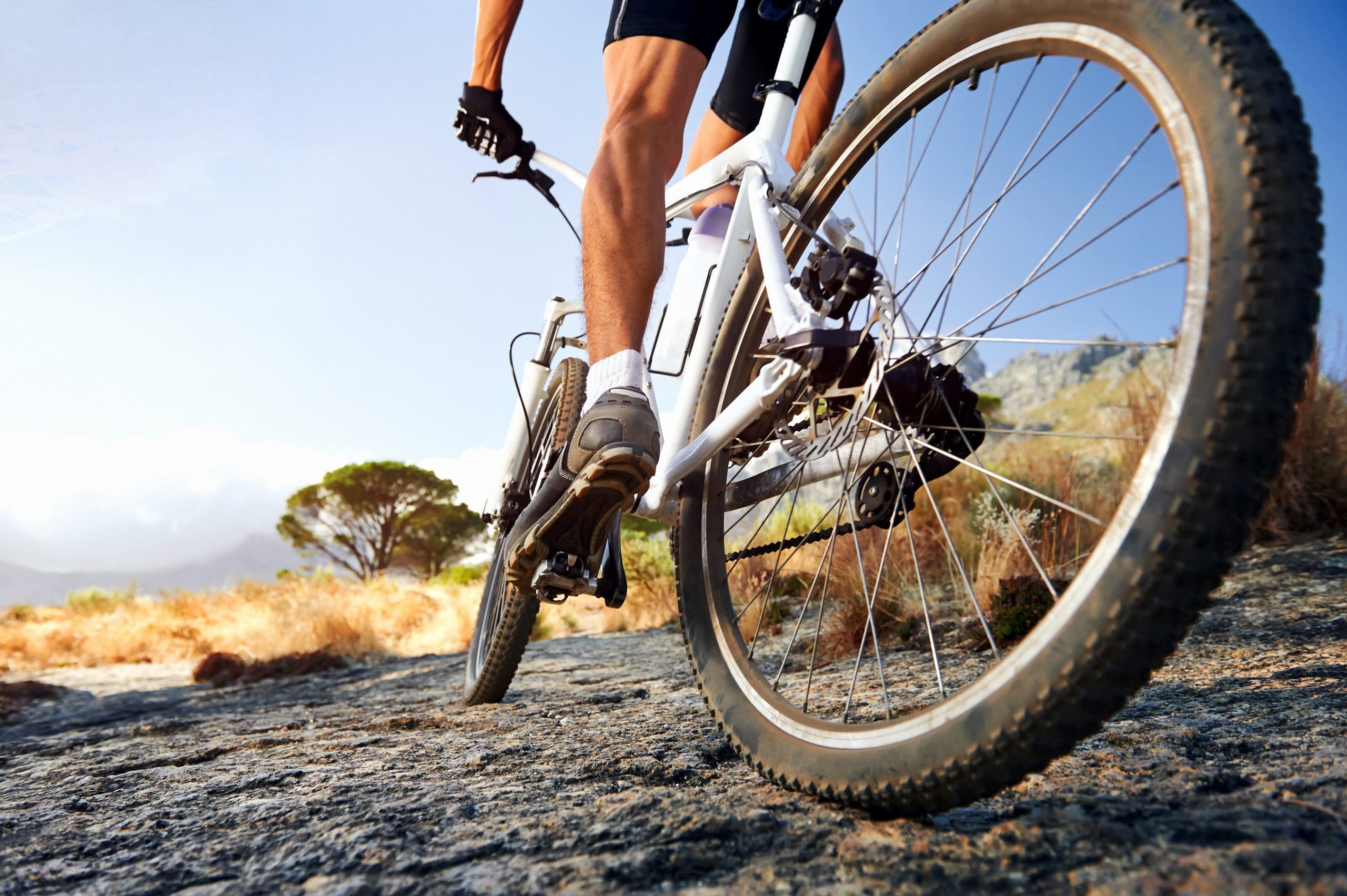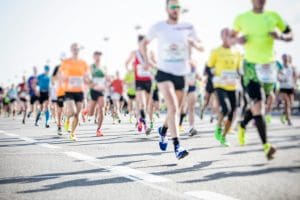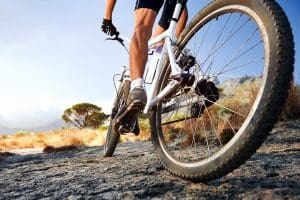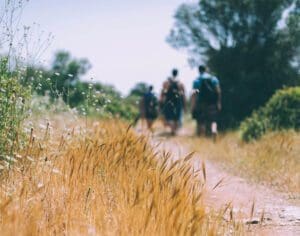Last Updated on 09/07/2025 by admin
Is it easier to exercise when it gets warmer?
OPPO Health offers an extensive range of high-quality orthopaedic supports for a wide range of conditions. Whether it is to prevent injury, provide support and alleviate pain, and to enable daily life and activity to continue, OPPO will have the right solution.
Our mission is to provide our users with a Healthy and Happy Lifestyle.
Designed in conjunction with medical professionals and manufactured to exacting standards, our products are compliant with UK and EU medical device regulations, meaning they have been assessed to meet the requirements, and are confirmed to be safe and perform as intended.
With a focus on design, innovative construction and material selection, our supports are intended to optimise support, provide all-day comfort and to remain in position while moving.

Hot, humid days are already uncomfortable—now imagine that discomfort multiplied as you go all-out during a lunchtime run. For some, that heat can be enough to make you not want to exercise outside at all. But, now is the time to use that workout inspiration because, according to experts, working out in the heat can help us get fitter, if we do it correctly. With the UK set for a predictably short bouts of warm weather this Spring, now’s the time to get outside and take advantage of the sunshine.
The benefits of exercising outside might seem obvious, but did you know that there are plenty of science backed reasons to be working out in the sun? In fact, training outdoors has several positive effects on both the body and mind. Want to know exactly what happens when you exercise in the sun and the impact the heat can have on your body?
Researchers have been looking at the effects of heat on athletic performance for decades, and their results have been consistently surprising. Studies have found that, in addition to an increased rate of perspiration, training in the heat can increase an athlete’s blood plasma volume (which leads to better cardiovascular fitness), reduce overall core temperature, reduce blood lactate, increase skeletal muscle force, and, counterintuitively, make a person train better in cold temperatures. In fact, heat acclimation may be more beneficial than altitude training in eliciting positive physiological adaptations. What are some benefits to working out in warm weather?
Your Energy Levels Will Improve
The combination of oxygen and sunshine acts as a kind of muscle Miracle-Gro. Breathing in fresh, outdoor air increases our blood oxygen levels, accelerating muscle repair. Meanwhile, sunshine has been linked to the production of testosterone. Plus, if your training routine feels stale, taking it outside can help you by firing up your motivation.
Your Mood Will Improve
Get up from your desk and go outside at lunchtime. Breathing in fresh air improves your ability to think clearly, as well as helping to alleviate stress and anxiety. Up the ante with a group or partner workout: Exercising with others releases serotonin – AKA the feel-good hormone.
Your Attitude to Dieting Will Improve
Making gains in the sun could also help those who struggle not to devour double helpings of their post-workout refuel. To regulate temperature, your body cuts back on digestion, reducing your appetite. We’re likely to rehydrate more often, too, and choose foods that complement our training.
Your Fitness Will Improve
By making your body work harder to keep cool, outdoor training can boost cardio fitness in as little as five days. A study in the Journal of Applied Physiology suggests two theories why: that heat improves the body’s ability to deliver oxygen to the tissues that need it; and that it increases blood flow, causing positive adaptation to our blood vessels.
Training under the sun raises your vitamin D levels, giving you more than just a mood boost. It supports the immune system and is essential in the absorption of phosphorus and calcium. It aids bone health, helps weight loss and is a crucial ally in fending off illness. Always be careful when exercising in the heat. Make sure you stay hydrated and avoid sunshine during peak hours.




